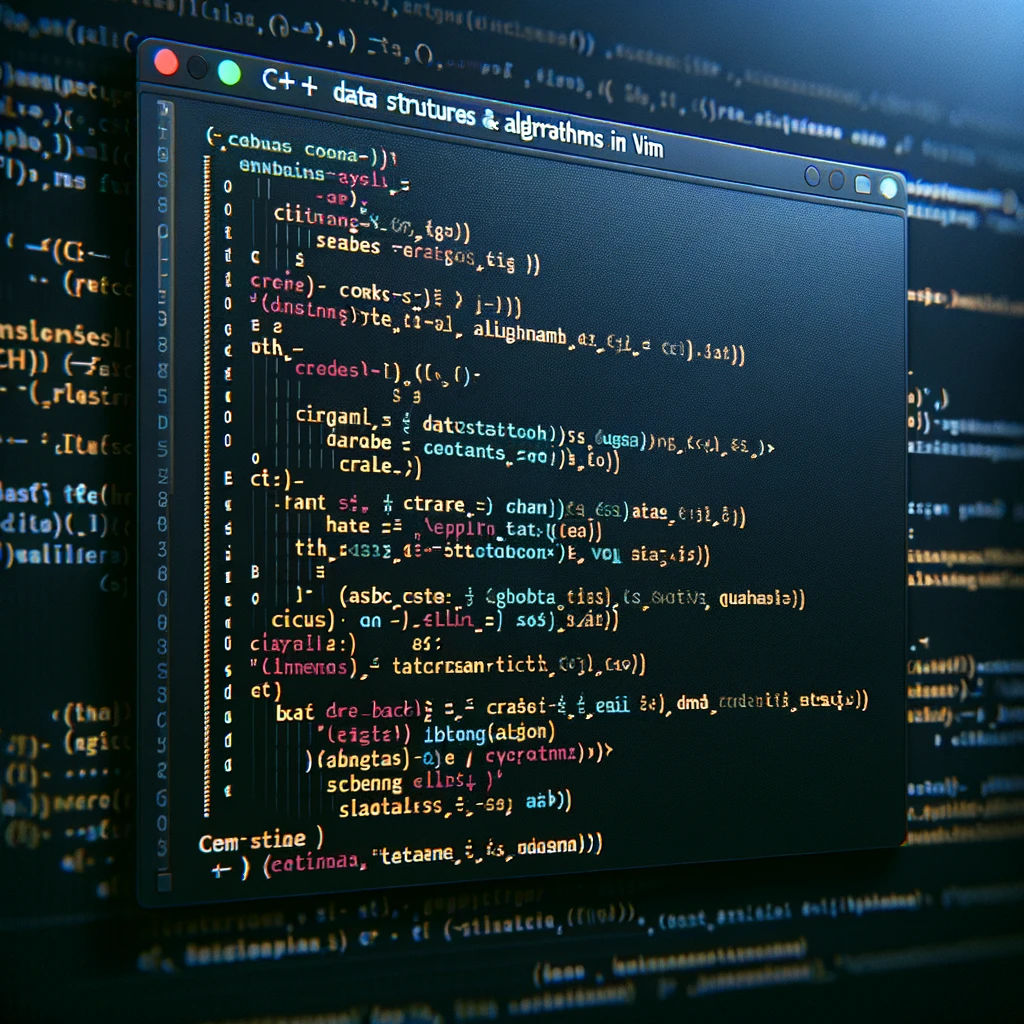Advanced Processes and Threads in C++
In the world of modern computing, multitasking is a fundamental concept. Whether you’re running a complex server application, a video game, or a simple utility, your software often needs to perform multiple tasks simultaneously. To achieve this, C++ provides powerful tools for managing processes and threads. In this blog post, we’ll delve into advanced techniques for handling processes and threads in C++.
Table of Contents
Processes vs. Threads
Before diving into advanced topics, let’s clarify the distinction between processes and threads:
- Process: A process is an independent program with its own memory space, system resources, and execution environment. Processes are heavyweight entities, and communication between them usually involves inter-process communication (IPC) mechanisms like
pipesorsockets. - Thread: A thread, on the other hand, is a lightweight unit of execution within a process. Threads share the same memory space, file descriptors, and other resources within the process. This makes threads well-suited for tasks that can be parallelized within a single program.
Advanced Process Management
Creating Child Processes
To create child processes in C++, you can use the fork() system call on Unix-like systems. The fork() call creates a new process that is a copy of the current process. You can then use the exec() family of functions to replace the child process with a new program. Here’s a simple example:
1
2
3
4
5
6
7
8
9
10
11
12
13
14
15
16
17
18
19
20
21
#include <iostream>
#include <unistd.h>
int main() {
pid_t childPid = fork();
if (childPid == -1) {
std::cerr << "Fork failed!" << std::endl;
return 1;
}
if (childPid == 0) {
// This code runs in the child process
execl("/bin/ls", "ls", "-l", nullptr);
} else {
// This code runs in the parent process
wait(nullptr); // Wait for the child to finish
}
return 0;
}
Inter-Process Communication (IPC)
Processes often need to communicate with each other. C++ provides various IPC mechanisms, including pipes, shared memory, and sockets. Here’s a brief example of using pipes to communicate between processes:
1
2
3
4
5
6
7
8
9
10
11
12
13
14
15
16
17
18
19
20
21
22
23
24
25
26
27
28
29
30
31
32
33
34
#include <iostream>
#include <unistd.h>
int main() {
int pipeFd[2];
if (pipe(pipeFd) == -1) {
std::cerr << "Pipe creation failed!" << std::endl;
return 1;
}
pid_t childPid = fork();
if (childPid == -1) {
std::cerr << "Fork failed!" << std::endl;
return 1;
}
if (childPid == 0) {
// This code runs in the child process
close(pipeFd[0]); // Close the read end
const char* message = "Hello from child!";
write(pipeFd[1], message, strlen(message));
close(pipeFd[1]);
} else {
// This code runs in the parent process
close(pipeFd[1]); // Close the write end
char buffer[256];
read(pipeFd[0], buffer, sizeof(buffer));
close(pipeFd[0]);
std::cout << "Parent received: " << buffer << std::endl;
}
return 0;
}
Advanced Thread Management
Thread Synchronization
When multiple threads access shared resources concurrently, you must ensure thread safety to prevent data corruption. C++ provides several synchronization mechanisms, including mutexes, condition variables, and atomic operations. Here’s a basic example using std::mutex:
1
2
3
4
5
6
7
8
9
10
11
12
13
14
15
16
17
18
19
20
21
22
#include <iostream>
#include <thread>
#include <mutex>
std::mutex mtx;
void printNumbers(int n) {
for (int i = 0; i < n; ++i) {
std::lock_guard<std::mutex> lock(mtx);
std::cout << i << std::endl;
}
}
int main() {
std::thread t1(printNumbers, 5);
std::thread t2(printNumbers, 5);
t1.join();
t2.join();
return 0;
}
Thread Pooling
Creating and managing threads can be expensive, especially for short-lived tasks. Thread pooling is a technique where a fixed number of threads are created and reused to execute tasks. C++ does not provide a built-in thread pool, but you can implement one using the
Asynchronous Programming
C++ also supports asynchronous programming through the
1
2
3
4
5
6
7
8
9
10
11
12
13
#include <iostream>
#include <future>
int add(int a, int b) {
return a + b;
}
int main() {
std::future<int> result = std::async(add, 3, 4);
int sum = result.get();
std::cout << "Sum: " << sum << std::endl;
return 0;
}
Conclusion
Process and thread opens up a world of possibilities for concurrent and parallel programming. Whether you’re building high-performance server applications or optimizing resource usage in embedded systems, a deep understanding of these concepts is essential.
